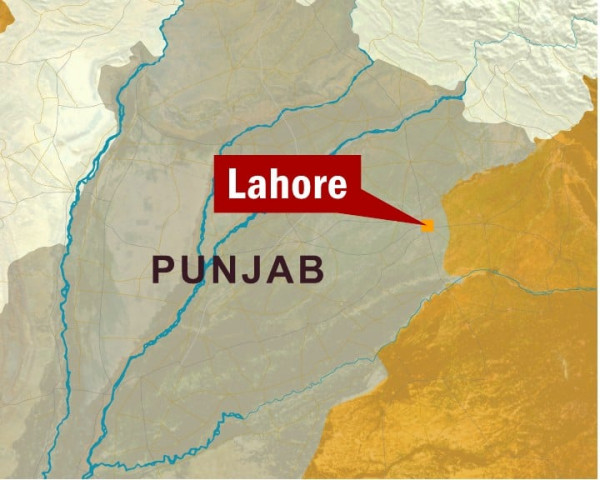Reproductive health : Lack of political will to blame for poor indicators
Efforts to implement family planning and promote reproductive health provid lackluster results, says health secretary.

“Most of the medical officers, senior or otherwise, working in rural areas are unaware of the basic concepts of reproductive health,” he said hastening to add that no government, resource generation or improved GDP could deal with such a rapid population growth.
The workshop was organised by the Population Council, an international research organisation, in collaboration with USAID and Jhpiego, an affiliate of John Hopkins University, USA. It was part of Family Advancement for Life and Health (FALAH), a project funded by USAID and being implemented in 15 districts. The project aims at improving ‘birth spacing’ for all who want to use this approach to ensure safer pregnancies. The objective of the workshop was to improve the capacity of future providers to help meet the reproductive health needs of the people.
Fawad said that a sense of enthusiasm and dedication was needed to be inculcated within the health system if the Millennium Development Goals (MDGs) of reducing child mortality and improving maternal health are to be achieved. “Focusing merely on infrastructure is inadequate. With this apologetic attitude towards population control, it would be impossible to achieve the MDGs by 2015.” He urged civil society, social activists and academics to engage closely in the debate for lowering fertility. The Punjab government, the health secretary said, had increased the budgetary allocation for the health sector from Rs10 billion to Rs40 billion in the last two and a half years. “It is now mandatory for medical officers working in rural areas to work three days of the week with lady health workers and community midwives so they can be engaged in preventive activities.”
The health secretary endorsed the FALAH project initiative of introducing birth spacing as a way of improving family health.
UHS vice chancellor Prof MH Mubashar said planners need to move on from the ‘two children, happy family’ idea and confront the fears regarding contraceptives head on. “Education and information is necessary so that people can make better choices.” The VC added that recent advances in medical sciences were not able to deliver in Pakistan as people here were resistant to change.
FALAH project chief Dr Ali Mohammad said that the project had adopted a multi pronged approach to improving access to birth spacing services, including grassroots community mobilisation, greater involvement of the private sector and enhancement of the outreach of social marketing services.
He said under the project 11,000 lady health workers and 3,500 men and 1,500 female practitioners had been trained.
Published in The Express Tribune, January 26th, 2011.



















COMMENTS
Comments are moderated and generally will be posted if they are on-topic and not abusive.
For more information, please see our Comments FAQ